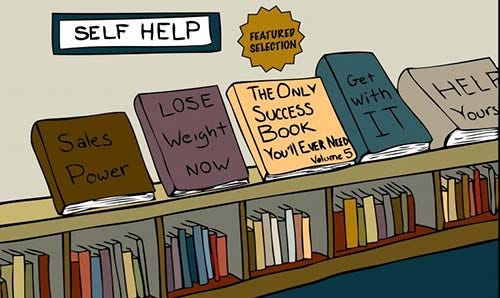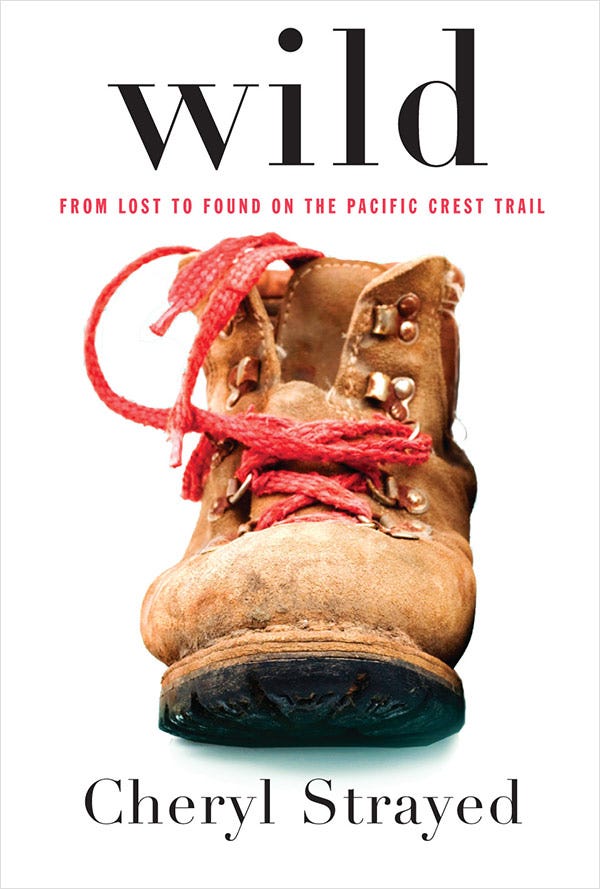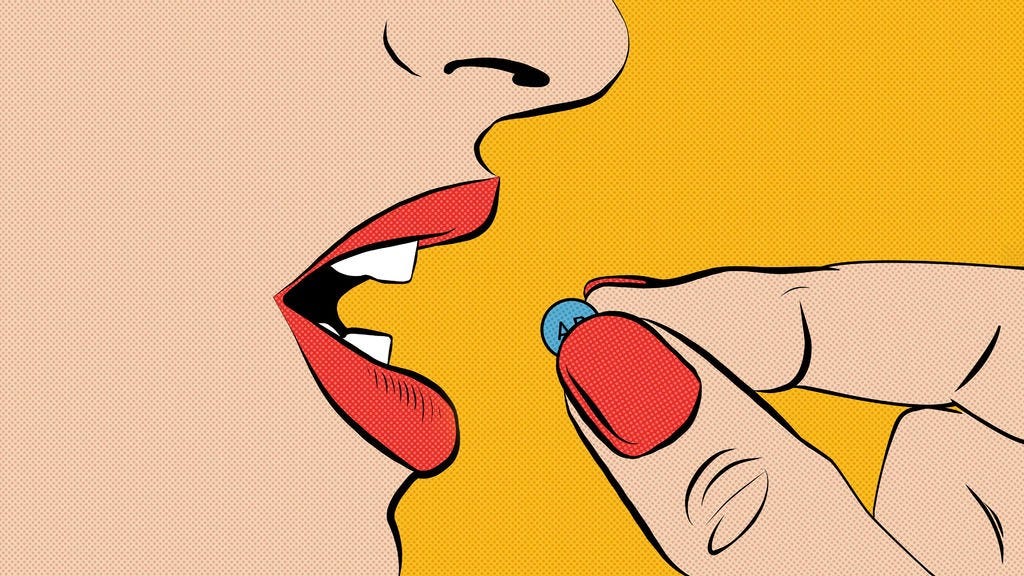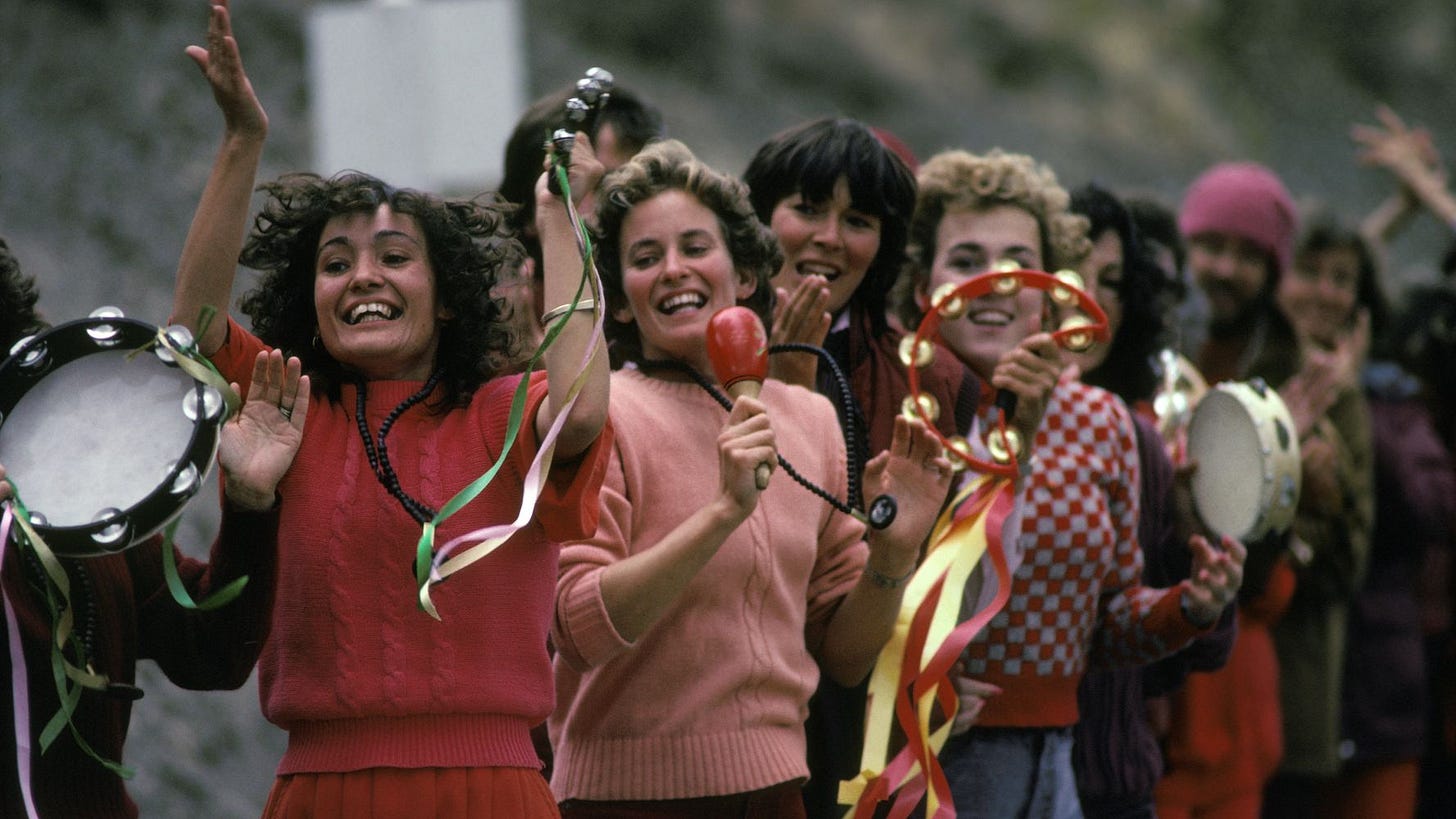Why I don't read self-help
The unhealthy obsession with self-improvement
A day doesn't go by that I do not think I should be doing more or at least doing something different.
Probably so do you.
We are never satisfied with ourselves and how our lives are. Our goal is perfection, but perfection can never be achieved. Yet, we constantly see it displayed back to us in social media, ads, and magazines.
But this perfection is not real it's virtual. We know that, but that does not stop us from striving for it. This is the fertile soil where miraculous solutions, new routines, and self-help gurus flourish.
There is a lot of money to be made by those who diagnose and treat our insecurities. Estimates value the self-improvement industry at billions of dollars.
Meantime, their buyers and viewers continue without direction, without an answer, and, worse, without their precious time. Even more so, when self-improvement becomes an addiction.
It is hard to run away from it, though. In our hyper-individualistic world, self-improvement is paramount. We feel a constant pressure to be better and more. Our goal seems to be becoming machines, with every minute of our day designed for productivity. Perfectly timed and synchronized for the best results.
Are these books helpful?
Most of the bestselling self-help books are accessible readings, yet usually packaged around new terminology, and psychology research, to give them authority. Predominantly, they present the mundane and plainest ideas as revelatory.
Steven Phillips-Horst exemplifies this using author, Brené Brown, with an extra dose of sarcasm for The Guardian:
"Her book is organized as a dictionary of emotional terms, where, in large font on glossy pages, she demystifies apparently inscrutable emotions like “joy” or “despair” by consulting Merriam-Webster then reporting back: “Vulnerability is the emotion we experience during times of uncertainty, crisis and emotional exposure.” On regret: “Both disappointment and regret arise when an outcome was not what we wanted.”…
Research and studies surface with alarming frequency and vagueness in Brown’s work, often burnishing her Grand Theory that different words exist: “Are curiosity and interest the same thing? Researchers don’t agree.” "
Self-help books are not innovative. They merely introduce new power words. Atomic Habits defines "stacking" as doing something after another activity, such as doing yoga after finishing morning pages. And a "morning page" is simply a fancy term for journaling, described by Julia Cameron in The Artist's Way as a life-altering activity.
I'll fix my problems, by fixing myself
But even with helpful insights, my main issue with self-help is how individualistic it is. We already live in an insanely individualistic society that, not surprisingly, is living through a loneliness epidemic. And that's not by accident. Competitiveness and lack of trust are constantly promoted with self-improvement.
Just read this paragraph directly taken from Mark Manson's blog. He is the author of the internationally best-selling The Subtle Art of Not Giving a F*ck:
People often say the key to confidence and success in life is to simply “not give a fuck.” Indeed, we often refer to the strongest, most admirable people we know in terms of their lack of fucks given. Like “Oh, look at Susie working weekends again, she doesn’t give a fuck.” Or “Did you hear that Tom called the company president an asshole and still got a raise anyway? Holy shit, that dude does not give a fuck.” Or “Jason got up and ended his date with Cindy after 20 minutes. He said he wasn’t going to listen to her bullshit anymore. Man, that guy does not give a fuck.”
I don't know about you, but all those people seem either awful or miserable to me. And the opposite of how a functioning society should look like and what we should strive for.
Even worse, self-help masquerades real social issues by putting the blame on the shoulders of the individual. The reality is that most jobs are terrible. We don't have the time or money to be with our loved ones as much as we want to. The environment is collapsing, and so is democracy. Owning a home is getting more and more unattainable and living costs continue to rise, while jobs get less and less reliable…
Oh, well. Maybe you are just not doing enough, right?
In self-help gurus' systems, anyone can become more efficient, more focused, and more effective in pursuing happiness, and, that most coveted of modern traits, more productive. And if you can’t, well, that’s on you.
In the current era of nonstop technological innovation, wishful thinking has been replaced by the hard doctrine of personal optimization.
It’s no longer enough to imagine our way to a better state of body or mind. We must now chart our progress, count our steps, log our sleep rhythms, tweak our diets, record our negative thoughts—then analyze the data, recalibrate, and repeat.
“In a consumerist society, we are not meant to buy one pair of jeans and then be satisfied,” Cederström and Spicer write for the New Yorker, and the same, they think, is true of self-improvement. We are being sold on the need to upgrade all parts of ourselves, all at once, including parts that we did not previously know needed upgrading.
Yet, it is our surroundings that make us feel inferior, rotten, and unworthy. It is our environment that we must change and upgrade, not us.
There is so much we need to change in the world. Especially to live healthier and happier lives. Mostly, we need collective action, not changes to our mourning rituals. Self-help and self-improvement cannot get us far, because it makes us focus too much on ourselves.
And the truth is that there are no magic systems for unlocking “success” and “happiness”. No matter what most people on the internet say. Notably, the meanings of these terms differ from person to person, and even during different periods of our lives. So, how can there be a system accounting for all of that? They are also not states you can reach and stay in forever. There will never be a time when you will be happily ever after, and that's ok.
Do you disagree with me? Are there other self-help books I should check?
What to read?
Wild. In this autobiographical book, Cheryl Strayed tells how she found direction and meaning through following the Pacific Crest Trail for over a thousand miles. She was broke, had just divorced, lost her mom to cancer, and was addicted to heroin. She found her course by being in nature, learning about her body and capacities, and looking into herself.
What to watch?
Take your pills (Netflix). The search for constant optimization can also lead to drug addiction. This documentary explores how the use of ADHD medication is indiscriminately being used for increased productivity at work and school in the US.
What to binge?
Wild Wild Country is a Netflix documentary series about the controversial Indian guru Bhagwan Shree Rajneesh (Osho), and how he developed a whole new city with his followers in the middle of the US in Oregon, during the 80s.
He wanted to create a perfect society, but things goes immensely wrong. Many Internet corners still house Osho's writings.




![9 BEST Self Help Books To Improve Your Life [Reading List 2022] 9 BEST Self Help Books To Improve Your Life [Reading List 2022]](https://substackcdn.com/image/fetch/$s_!5Z_g!,w_1456,c_limit,f_auto,q_auto:good,fl_progressive:steep/https%3A%2F%2Fbucketeer-e05bbc84-baa3-437e-9518-adb32be77984.s3.amazonaws.com%2Fpublic%2Fimages%2Fd93d3286-3271-468c-8cf8-5e24cff67b56_652x327.jpeg)





Thanks Luiza. I absolutely agree. The self-help industry encourages the individualism that permeates so much of our Western society, including in the areas of work and creativity. Keep up the great posts!